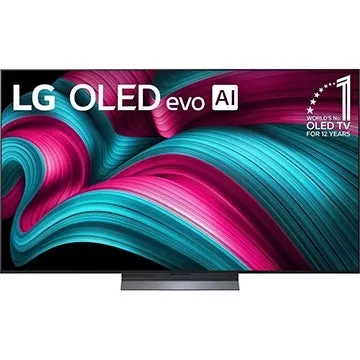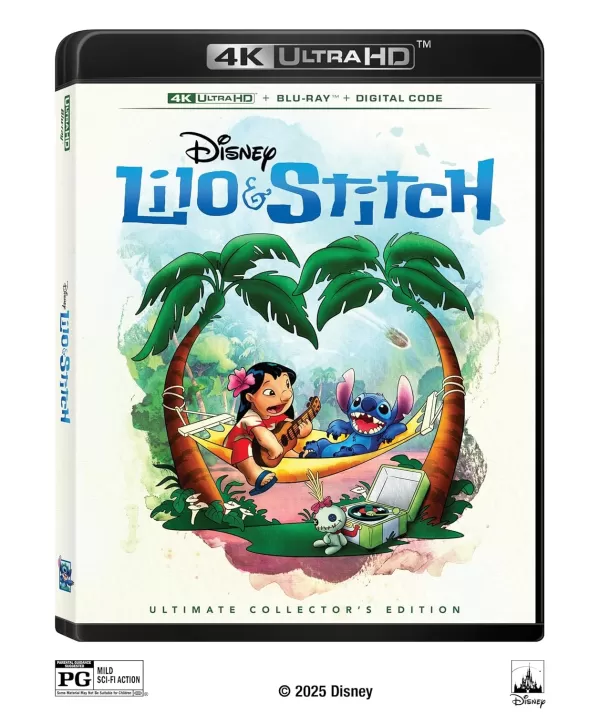The gaming community in the U.S. has been on a roller coaster of emotions this week, starting with the much-anticipated full reveal of the Nintendo Switch 2, complete with its impressive lineup of games. The excitement was short-lived, however, as the $450 price tag and the $80 cost for Mario Kart Tour left many feeling disappointed. The situation took another turn this morning when Nintendo announced a delay in pre-order availability for the system. The company is taking time to evaluate the impact of the sweeping, unprecedented tariffs imposed by the Trump Administration on numerous countries worldwide.
We've covered the reasons behind the high cost of the Nintendo Switch 2 and the potential effects of these new tariffs on the gaming industry elsewhere. The burning question now is, what will Nintendo do next? Will the Nintendo Switch 2 become even pricier when pre-orders finally open?
Typically, to answer questions like "what will happen with video games?", I consult a panel of expert industry analysts. While they can't predict the future with certainty, they usually offer a well-informed consensus based on evidence and data. I've already done this twice this week. However, for the first time since I began interviewing analysts on such topics, every single one was stumped. Their guesses varied, with some predicting price hikes and others not, but all emphasized the unprecedented nature of the current situation. The rapid pace of these developments means no one can accurately forecast the actions of Nintendo, the Trump Administration, or others in the near or distant future.
With this significant disclaimer in mind, here's a summary of the analysts' insights:
Sky-High Switch
The panel was divided on whether Nintendo would raise prices. Dr. Serkan Toto, CEO of Kantan Games, initially thought it was too late for Nintendo to adjust prices post-announcement, but the delay changed his perspective. He believes Nintendo will likely run simulations and announce price increases for the system, games, and accessories. "I hope I am wrong, but if sustained, these sky-high tariffs leave them no choice," he stated. He also questioned Nintendo's timing in announcing the price before the tariffs were finalized.
Mat Piscatella, a senior analyst at Circana, echoed the unpredictability of the situation but leaned towards expecting price increases across the board. He noted that the tariffs were higher than anticipated, forcing businesses reliant on international supply chains to reevaluate their U.S. consumer pricing. "The US could certainly be joining that group because of these tariffs," he said, highlighting the chaotic nature of the tariffs' announcement.
Manu Rosier, director of market analysis at Newzoo, predicted an increase in hardware prices but suggested that software prices might not be as affected due to the growing dominance of digital distribution. "If a 20% tariff—or any substantial increase—were to be introduced, it’s unlikely that companies like Nintendo would absorb the additional cost by cutting into their margins," he explained, indicating that consumers might bear the brunt of higher retail prices.
Holding the Line
On the other hand, some analysts believed Nintendo would try to maintain its announced price. Joost van Dreunen, an NYU Stern professor and author of SuperJoost Playlist, suggested that the volatility from the Trump tariffs was already factored into the Switch 2's $449.99 pricing. He believes Nintendo has restructured its supply chain to mitigate geopolitical risks and will strive to keep the price as announced. However, he acknowledged that further deterioration in the trade landscape might force a reassessment.
Piers Harding-Rolls, a games researcher at Ampere Analysis, agreed, emphasizing the risk of consumer backlash if prices were raised further. He noted that Nintendo is in a difficult position having already announced the launch price but suggested that the company might wait until 2026 to adjust prices if the tariffs persist. "Nintendo will not want to change the price having announced it, but I think everything is on the table now," he said, indicating that any price change could impact the brand's perception and consumer behavior, especially during the crucial holiday season.
Living in Unhinged Times
Rhys Elliott, a games analyst at Alinea Analytics, joined the camp predicting higher prices for both hardware and software due to the tariffs. He referenced his previous comments to IGN about Nintendo's strategy of offering cheaper digital editions in certain markets to encourage digital purchases. "Nintendo might have wanted to do something similar in the US, but the tariff situation is so chaotic that Nintendo was in 'wait and see' mode," he explained.
Elliott painted a grim picture of the broader impact of the tariffs on the games industry, aligning with warnings from the Entertainment Software Association. He noted that while some manufacturers, including Nintendo, are shifting production to non-tariff-impacted markets, the logistical challenges of relocating entire supply chains are immense. "We are living in…there’s no other word for it...unhinged times driven by an unhinged man (and other forces)," he stated, criticizing the tariffs for increasing costs for U.S. consumers during a cost-of-living crisis and contradicting core economic principles of international trade.
Nintendo Switch 2 System and Accessories Gallery
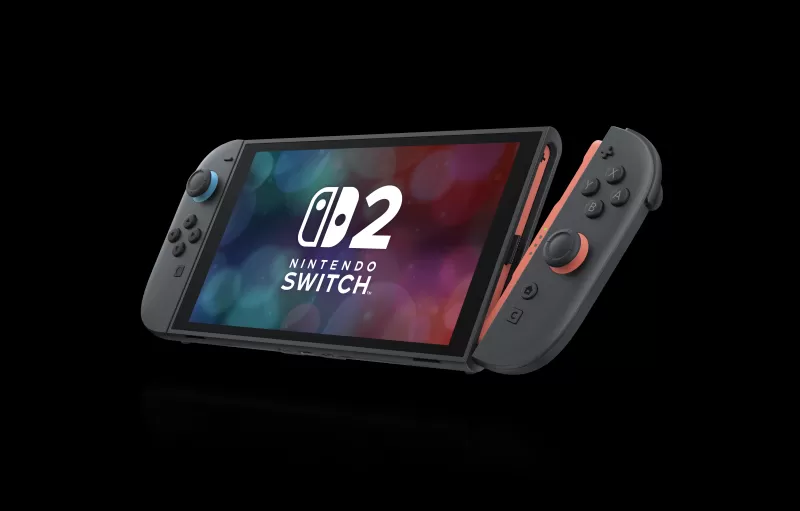
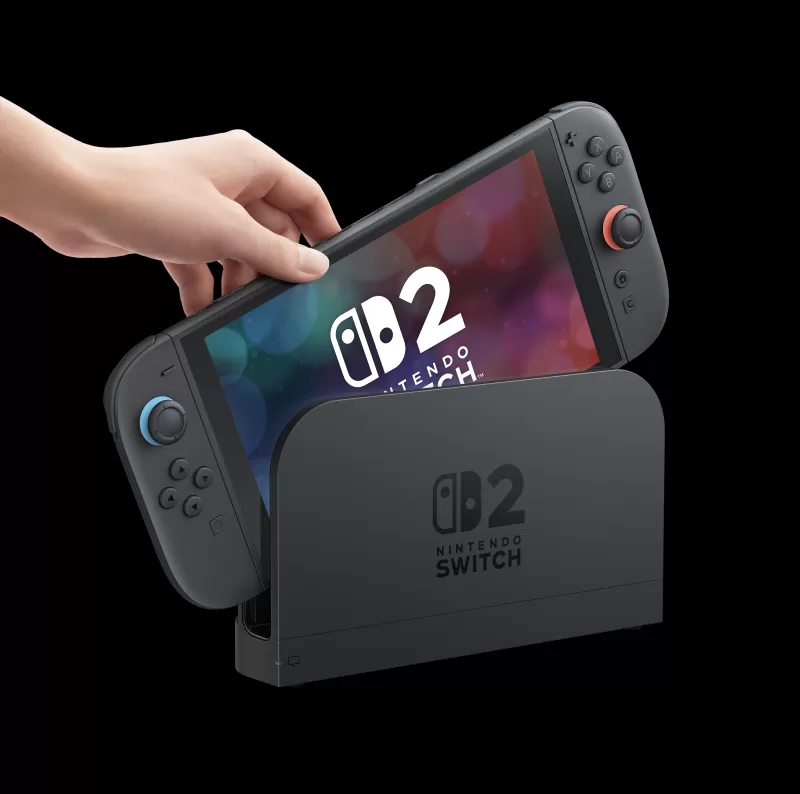 91 Images
91 Images 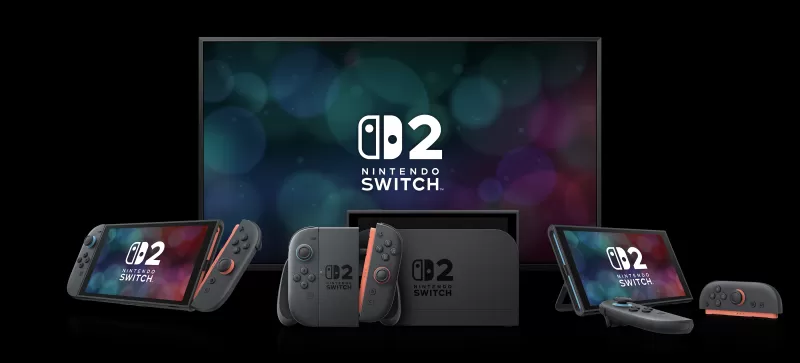
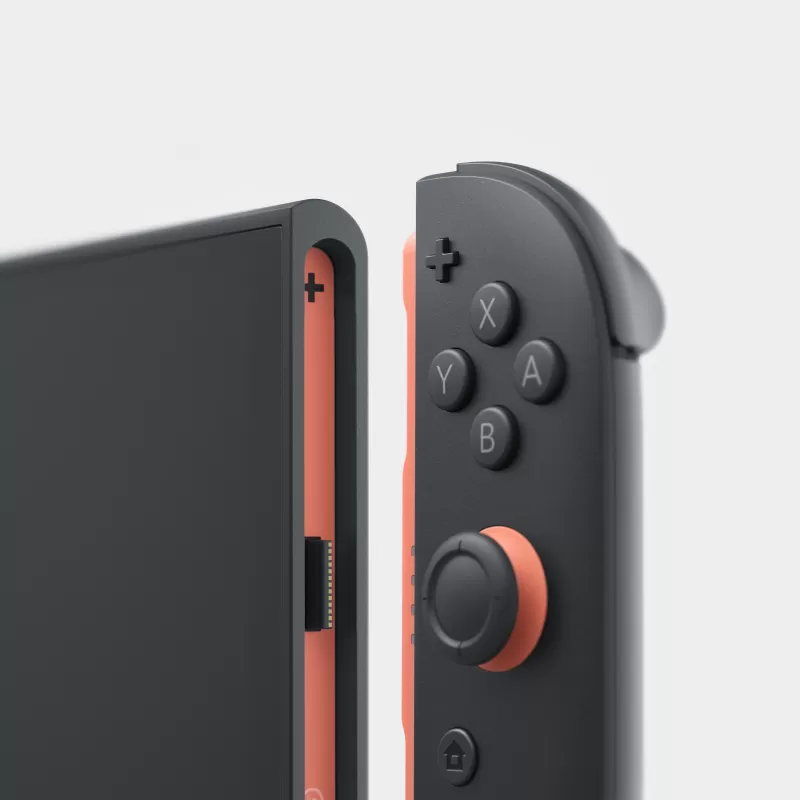
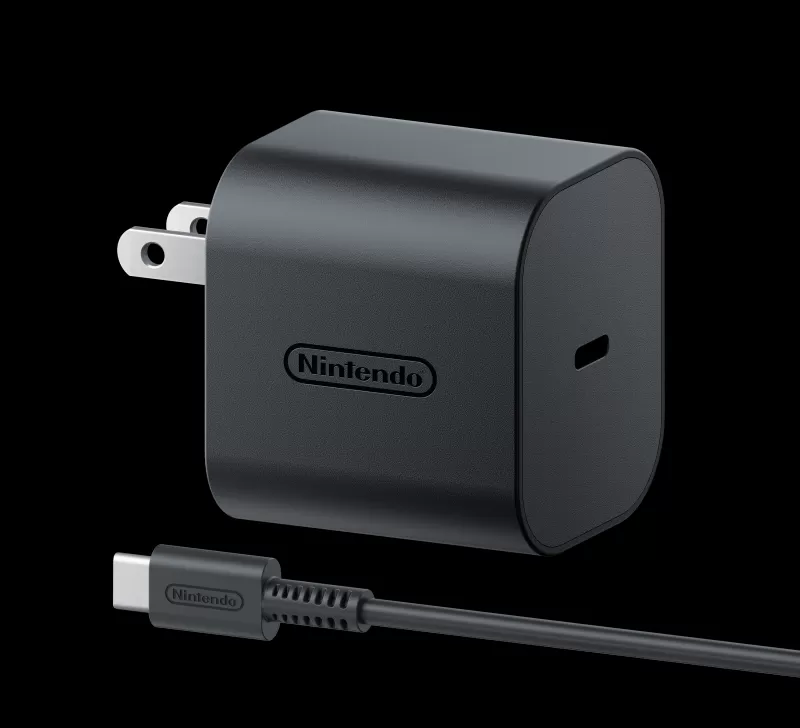
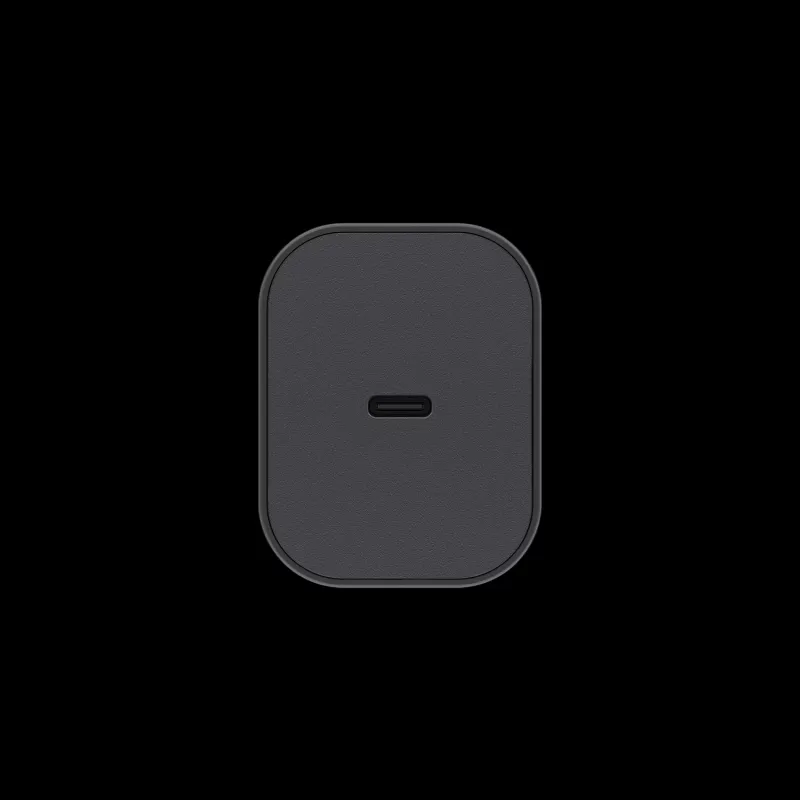


 91 Images
91 Images 



 LATEST ARTICLES
LATEST ARTICLES 
